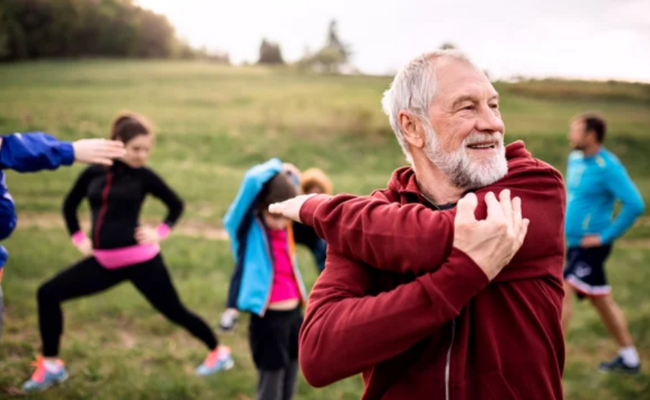How Often Do People Feel Insecure? A Recent Poll Has the Answers
Insecurity is a common human emotion that affects people from all walks of life. Various factors, such as personal experiences, societal expectations and individual insecurities, can cause it.
A recent poll by a prominent research agency sheds light on how often people feel insecure.
The poll was conducted in February with 2,000 individuals, among a sample of individuals from different age groups, genders, and cultural backgrounds. The respondents were asked about their insecurities and how frequently they experienced them.
The findings of the poll were both interesting and surprising. The poll results showed that many people need help to develop confidence, indicating that it is not easily attainable.
Let’s Take a Look at the Poll

Photo credit: Adobe Stock
According to the poll, over 80% of people feel insecure at least once a week. This alarming statistic indicates that insecurity is a prevalent societal issue. It suggests that most people are insecure about appearance, jobs, relationships, or personal achievements.
Further findings indicated that individuals experience the highest levels of anxiety in challenging circumstances, such as delivering a speech to a large audience (40%), inadequate preparation (34%), or commencing a new job (28%).
In addition, survey participants reported feeling uneasy in uncomfortable situations, such as using a new dating application for the first time (27%) or arriving last to a meeting (22%).
The study, carried out by OnePoll on behalf of CURAD, also revealed that individuals are not allowing obstacles in life to affect their resolve and shared their strategies and advice for boosting self-assurance.
You may also like: Crab mentality – where does it come from?
This is how often a person typically feels insecure: poll https://t.co/mzW1X7aAlG pic.twitter.com/CQYdiI5BW1
— New York Post (@nypost) March 31, 2023
At the forefront of their priorities are embracing a positive outlook (48%); receiving encouragement from loved ones (48%); staying equipped for any situation (45%); engaging in physical exercise (43%); and extending a helping hand to others (41%).
Notably, 55% of individuals who have previously feigned confidence reported a tangible improvement in their genuine confidence levels.
Furthermore, 32% of respondents frequently resort to “faking it till they make it” to enhance their confidence. The survey outcomes additionally revealed that confidence has a domino effect on 76% of participants.
The poll also revealed that women tend to feel insecure more often than men. This finding is not entirely surprising, as women face unique societal pressures related to beauty standards, gender roles, and expectations. These pressures can lead to feelings of inadequacy, low self-esteem, and anxiety.
Other Notable Findings

Photo credit: Adobe Stock
Another interesting finding from the poll is that insecurity levels tend to be highest among young adults. The poll suggests that people between 18-30 experience insecurity more frequently than any other age group. This may be because young adults are establishing their identities and navigating the challenges of early adulthood.
The poll also identified some common triggers for insecurity. The most common trigger was social media, with over 70% of respondents feeling insecure after viewing social media platforms.
This finding highlights the damaging effects of social media on mental health and self-esteem. Other common triggers for insecurity included personal failures, comparisons to others, and criticism from others.
According to the respondents, once they establish control over one aspect of their life, they experience a sense of security in other areas as well, particularly when it pertains to physical activity (34%), raising children (33%), and participating in sports (31%).
Additionally, exercise influences the confidence of 71% of individuals. Individuals who engage in regular exercise utilize various tools to boost their self-assurance. They also use these tools to enhance their overall performance, such as knee/ankle braces (11%), supports (10%), or kinesiology tapes (9%).
Related Articles
Shortness of Breath and Anxiety: Understanding the Connection
The poll provides valuable insights into the frequency and triggers of insecurity among people. The findings highlight the widespread nature of insecurity and the importance of more awareness and support to address this issue.
Individuals need to recognize and address their insecurities, seek help if necessary, and work towards building a healthier self-image.

